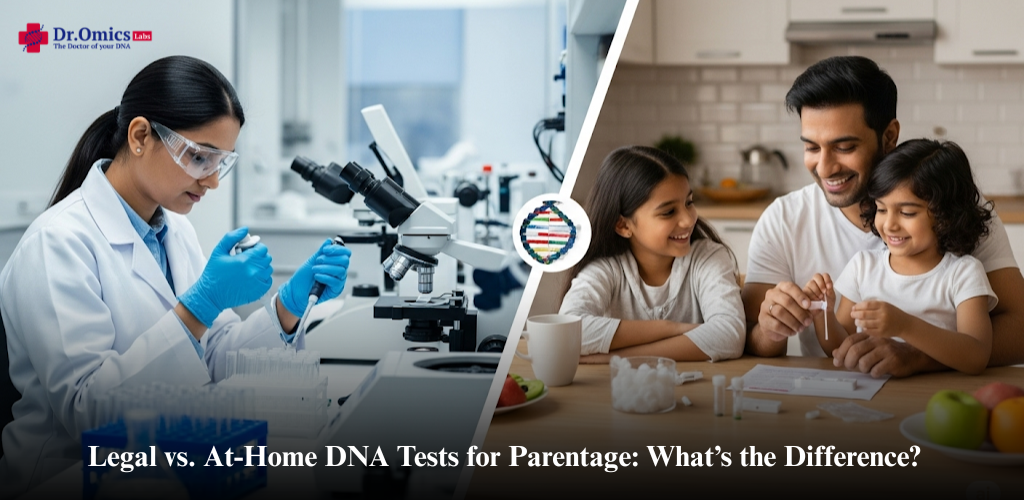In today’s world, DNA testing has become more accessible than ever. Whether you’re looking to confirm biological relationships, settle legal disputes, or simply gain peace of mind, DNA tests can offer accurate results quickly. But not all DNA tests are created equal. A major decision parents or guardians face is choosing between a legal DNA test and an at-home DNA test. Making the right choice can have long-term consequences, especially if the results are needed for legal purposes.
Let’s break down the differences between legal DNA testing and at-home testing, using insights from trusted providers like Chill Parent DNA Test, so you can make an informed decision.
What is a Legal DNA Test?
A legal DNA test is a scientifically verified procedure used to establish biological relationships in a way that adheres to legal and chain-of-custody standards. These tests are often required in situations involving:
- Child custody and support
- Immigration applications
- Inheritance claims
- Birth certificate corrections
- Court hearings involving parental rights
The distinguishing feature of a legal paternity test is the chain of custody. This process ensures that the DNA samples were collected, handled, and tested under strict conditions, making the results court-admissible. Each party involved in the test must present valid photo identification, and the sample is collected by a certified medical or legal professional in a controlled environment, usually a clinic or testing facility.
If you’re handling a parentage dispute with legal consequences, a court-admissible paternity test is not optional, it’s a necessity.
Home DNA Test vs Lab Test: What’s the Real Difference?
Thanks to online retailers, home DNA tests have become incredibly popular. These kits are affordable, convenient, and offer accurate results for informational use. You collect your samples (usually cheek swabs), send them back to the lab, and receive your results in days. However, there’s a significant catch: home DNA tests don’t follow the chain of custody, which means their results cannot be used in court.
So when debating home DNA test vs lab test, consider your ultimate goal. If you’re just curious about parentage, a home kit may suffice. But if you’re preparing for court or legal proceedings, only a legal DNA test will hold up.
Why Official Paternity Testing Is Crucial
You might be wondering: “Can’t I just use a home test and show the results in court?” Unfortunately, the answer is no. Without lawful oversight, a home test can’t be trusted for legal matters, simply because there’s no way to verify who actually submitted the sample.
This is where official paternity testing through providers like Chill Parent DNA Test comes into play. These services are recognized for maintaining strict compliance with legal standards. Their process includes:
- Professional sample collection
- Government-certified labs
- Court-recognized documentation
- Results signed off by a qualified DNA analyst
Choose a Legal DNA Test If:
- You’re involved in any legal proceedings
- You need the results for immigration, custody, adoption, or inheritance
- You want a court-admissible paternity test that can stand in front of a judge
Conclusion
In today’s digital age, DNA testing is more accessible than ever before, but with more choice comes the responsibility to choose wisely. If your DNA results may impact someone’s legal rights or obligations, casual home tests won’t cut it.
With trusted services like Chill Parent DNA Test, securing accurate and court-admissible paternity test results is simple and stress-free. While home DNA tests are great for personal insight, only a legal DNA test will protect your rights in a court of law.
Before proceeding, ask yourself: Do I need peace of mind, or proof in court? Your answer will guide you to the right kind of test and the outcome you deserve.
💡 Ready to take action?
Explore Chill Parent DNA Test today for both home testing options and official paternity testing kits backed by legal accreditation.




